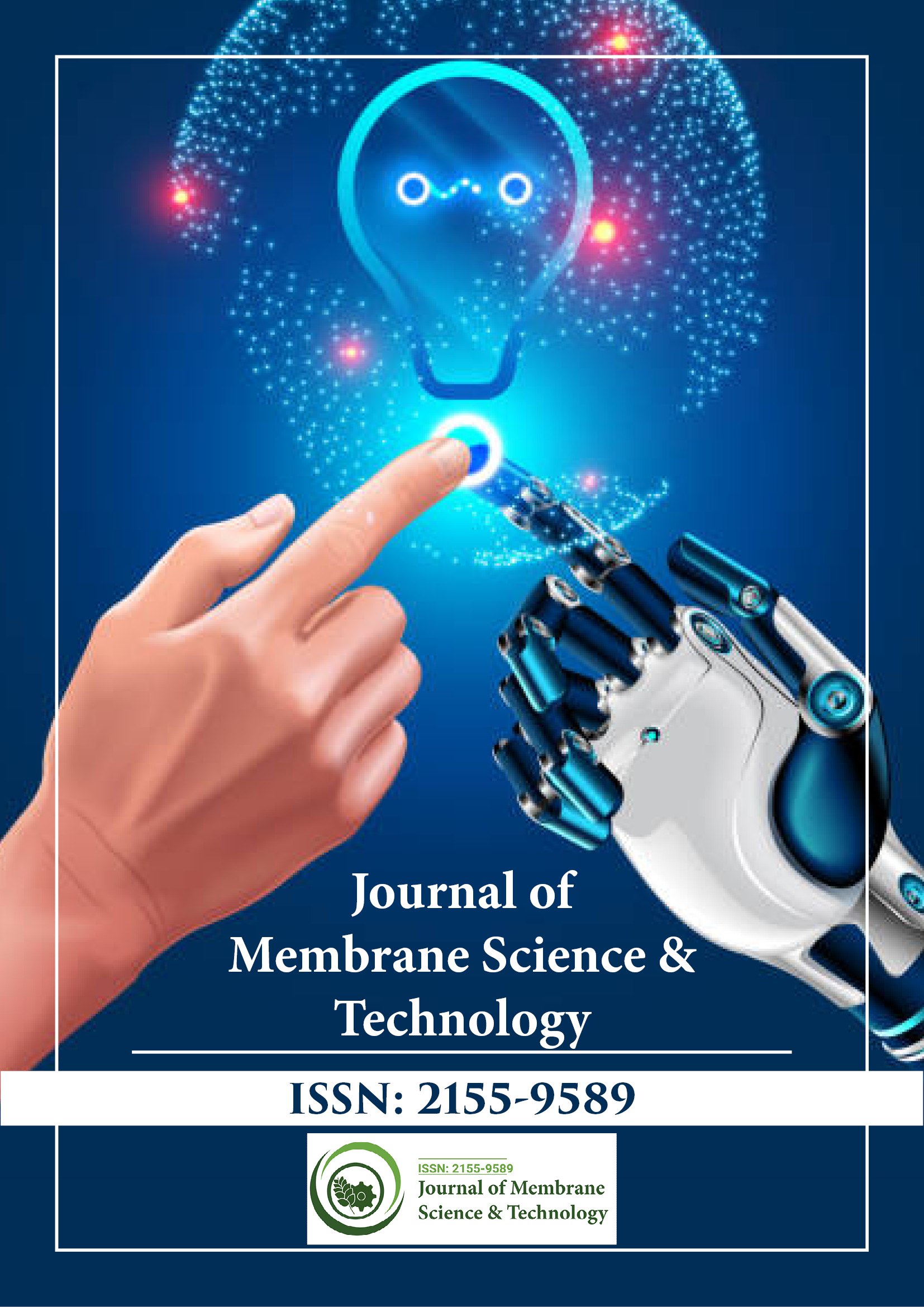Indexado em
- Abra o Portão J
- Genamics JournalSeek
- Diretório de Periódicos de Ulrich
- RefSeek
- Diretório de Indexação de Periódicos de Pesquisa (DRJI)
- Universidade de Hamdard
- EBSCO AZ
- OCLC- WorldCat
- Invocação Proquest
- Scholarsteer
- publons
- Fundação de Genebra para Educação e Pesquisa Médica
- Euro Pub
- Google Scholar
Links Úteis
Compartilhe esta página
Folheto de jornal

Periódicos de Acesso Aberto
- Agro e Aquicultura
- Alimentos e Nutrição
- Bioinformática e Biologia de Sistemas
- Bioquímica
- Ciência de materiais
- Ciencias ambientais
- Ciências Clínicas
- Ciências Farmacêuticas
- Ciências gerais
- Ciências Médicas
- Cuidados de enfermagem e saúde
- Engenharia
- Genética e Biologia Molecular
- Gestão de negócios
- Imunologia e Microbiologia
- Neurociência e Psicologia
- Química
Abstrato
Microfiltração, nanofiltração e osmose inversa para remoção de toxinas (endotoxinas LPS) de águas residuais
Guizani Mokhtar e Funamizu Naoyuki
A endotoxina lipopolissacárida (LPS), um subproduto bacteriano abundantemente presente nas águas residuais, representa cada vez mais uma grande preocupação no setor do tratamento de águas residuais pelo potencial risco para a saúde que representa. É, portanto, mais urgente do que antes proteger os consumidores da contaminação das suas reservas de água doce potável com endotoxina LPS através da reposição de aquíferos utilizando águas residuais recuperadas ou fornecendo águas residuais recuperadas como água potável. O tratamento por membrana é uma alternativa ao processo de lamas ativadas e é o mais utilizado para tratar águas residuais. Além disso, a nanofiltração e a osmose inversa são as tecnologias mais avançadas utilizadas para tratar as águas residuais a nível potável. A eficiência de remoção da endotoxina LPS utilizando biorreatores de membrana (MBRs) e Nanofiltração (NF) e Osmose Inversa (RO) é o tema deste artigo. Revelou que estas tecnologias avançadas poderiam remover uma quantidade significativa de endotoxina. No entanto, os níveis de concentração na água produto são ainda muito superiores aos encontrados na água da torneira e não é aconselhável fornecer esta água diretamente aos consumidores. São necessárias mais investigações para determinar as melhores práticas de gestão para um abastecimento seguro de água potável a partir de águas residuais recuperadas.